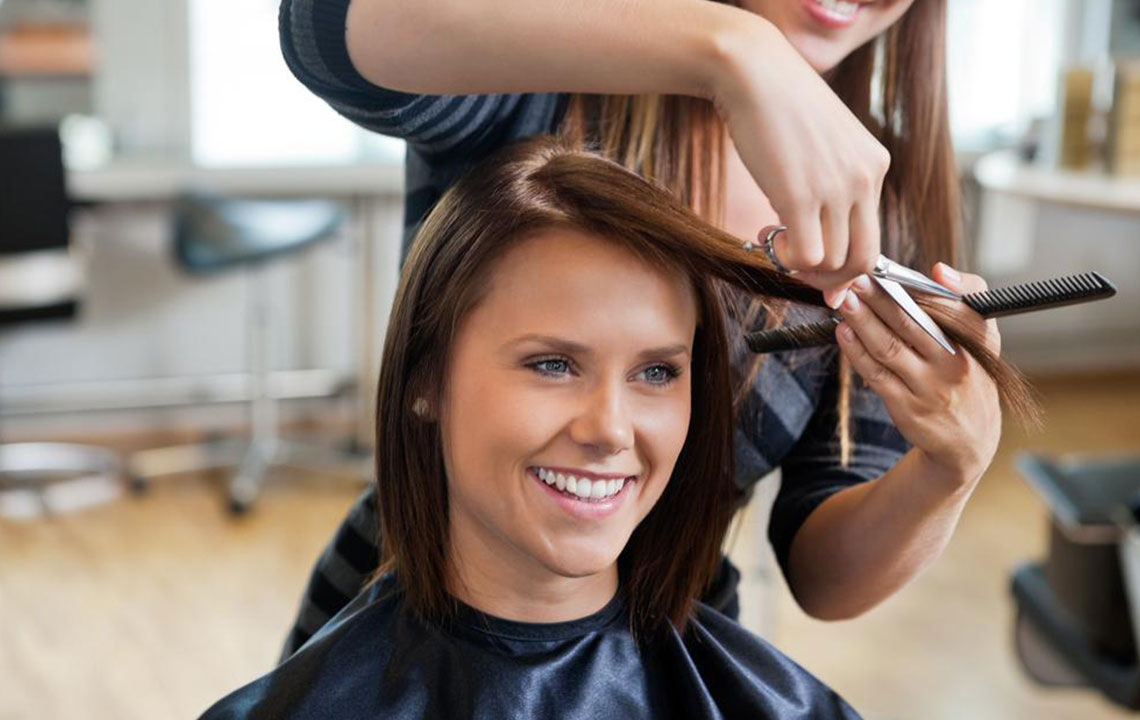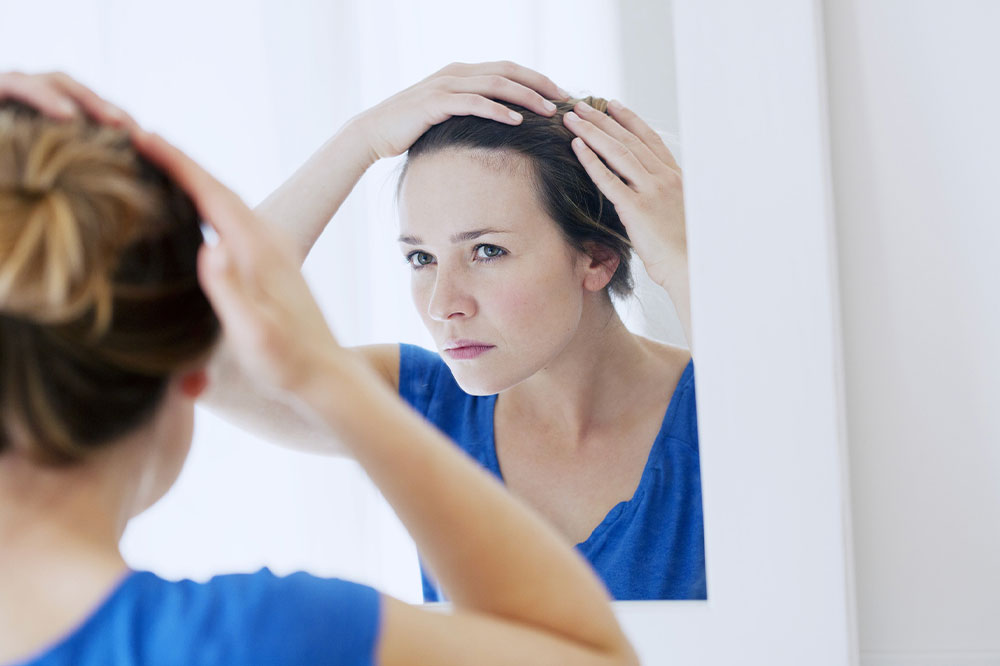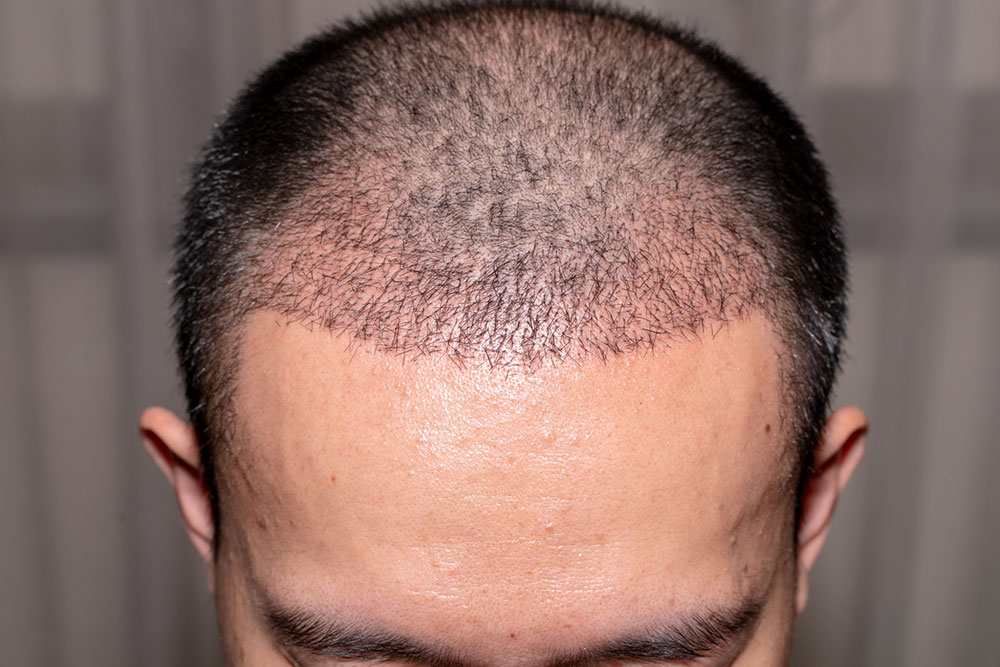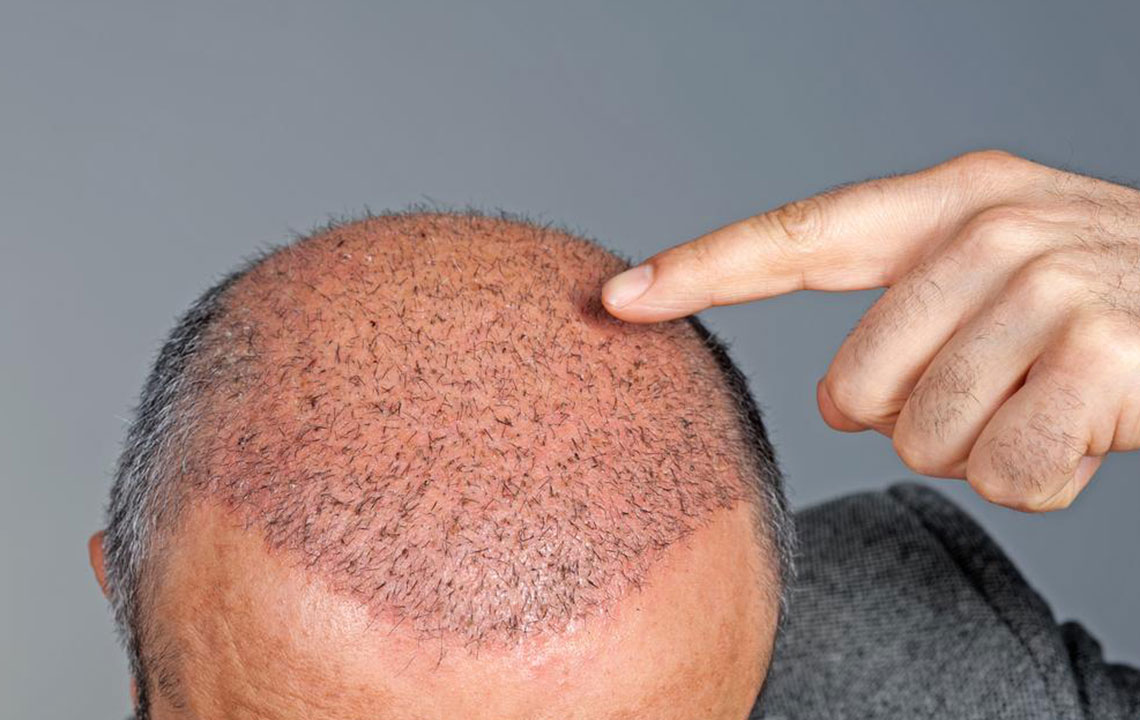Comprehensive Guide to Preventing and Managing Hair Thinning
Discover comprehensive strategies to prevent and treat hair thinning effectively. This guide covers medical options like Minoxidil and Finasteride, surgical procedures such as hair transplants, and natural remedies including fenugreek, coconut oil, and green tea rinses. Learn how lifestyle changes and early intervention can promote healthier hair growth, reduce shedding, and restore confidence. Suitable for both men and women, this detailed overview provides practical solutions for combating hair loss naturally and medically.
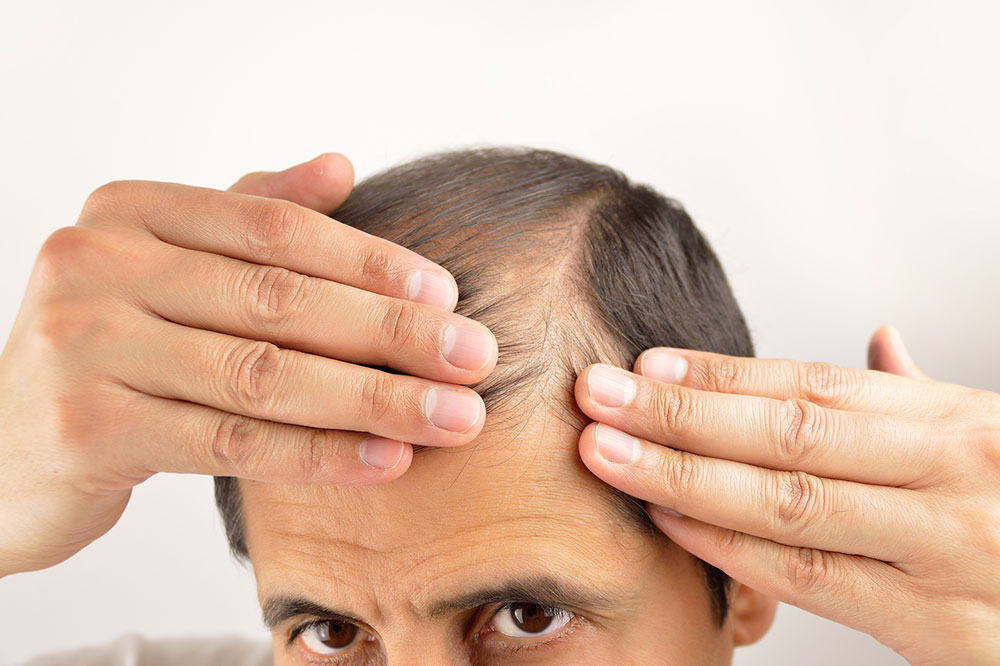
Comprehensive Strategies for Preventing and Managing Hair Thinning
Hair thinning, a common concern affecting both men and women, often occurs on the scalp and, if left unaddressed, can progress into partial or complete baldness. Understanding the root causes of hair loss is essential for effective treatment, as factors range from genetic predispositions to hormonal fluctuations, medication side-effects, nutritional deficiencies, and underlying health conditions. Fortunately, a combination of medical interventions, natural remedies, and lifestyle modifications can effectively halt or slow down hair thinning, leading to healthier hair growth and improved confidence.
Understanding the Causes of Hair Thinning
Before exploring treatment options, it’s crucial to identify the underlying causes of hair thinning. Genetic factors play a significant role, with conditions like androgenetic alopecia or pattern baldness being prevalent. Hormonal imbalances, especially in women during menopause or due to thyroid issues, can also trigger hair loss. External factors such as stress, poor nutrition, excessive use of hair styling products, and medication side-effects can contribute as well. Recognizing these causes enables targeted treatments and effective management strategies.
Addressing hair loss often involves medical treatments prescribed by healthcare professionals. These treatments aim to either prevent further shedding or stimulate new hair growth. Combining medical approaches with lifestyle modifications and natural remedies can maximize results and restore hair’s health and vitality.
Medical Treatments for Hair Loss
Modern medicine offers several effective options to combat hair thinning, especially when diagnosed early. Consulting a dermatologist or trichologist is essential to determine the condition’s severity and the most suitable treatment plan. Medical interventions fall into two main categories: topical applications and oral medications.
One of the most commonly recommended topical solutions is Minoxidil (Rogaine). This over-the-counter medication is available in foam or liquid form and is applied directly to the scalp. Continuous application over several months is necessary to observe noticeable improvements in reducing hair fall and stimulating new growth. Patience and consistency are critical, as results rarely appear overnight.
Another prescription medication is Finasteride (Propecia). This oral drug is primarily prescribed to men experiencing androgenetic alopecia but can be used in women under medical supervision. Finasteride works by inhibiting the hormone responsible for hair loss, thereby slowing down the process. Continuous usage is vital to maintain results, and it's important to be aware of potential side effects, which should be discussed with your healthcare provider.
Besides medications, surgical options such as hair transplant procedures provide a more permanent solution. During a hair transplant, follicles from densely haired areas are relocated to thinning or bald spots, offering natural-looking results. Technological advancements have improved the success and natural appearance of transplants. Additionally, laser therapy, utilizing low-level laser devices, can stimulate hair follicles and enhance density, particularly in early stages of pattern baldness.
Natural and Lifestyle Remedies to Support Hair Growth
Complementing medical treatments, natural remedies focus on nourishing the scalp and strengthening hair follicles to promote growth and reduce shedding. While scientific evidence varies for some natural methods, many individuals find them beneficial when integrated into their hair care routine.
Fenugreek Seed Paste
Soak fenugreek seeds overnight, then grind them into a paste. Applying this mixture to the scalp supports hair growth due to its rich protein and hormone properties. Regular application can help strengthen hair roots and improve scalp health.
Coconut Oil
Known for its deep nourishing qualities, coconut oil contains essential fats and proteins. Gently massaging warm coconut oil into the scalp enhances blood circulation and provides vital nutrients to hair follicles. Leave it on for at least 20 minutes before shampooing for best results.
Green Tea Rinse
Brew green tea and let it cool. Using green tea as a final rinse after shampooing can help reduce hair fall by boosting hair follicle health due to its antioxidant properties. Massage the cooled tea into the scalp for a few minutes, then rinse thoroughly.
Besides topical and natural remedies, maintaining a balanced diet rich in vitamins and minerals, staying hydrated, managing stress, and avoiding harsh hair treatments significantly contribute to overall hair health. Nutrients like biotin, zinc, iron, and vitamins A, C, D, and E are essential for strong, healthy hair.
In conclusion, preventing and treating hair thinning involves a holistic approach that combines medical interventions, natural remedies, and healthy lifestyle choices. Early diagnosis and consistent care are key to restoring hair health, often leading to substantial improvements in appearance and self-esteem. Whether through medications, surgical options, or natural methods, individuals have access to multiple pathways to achieve fuller, healthier hair.


